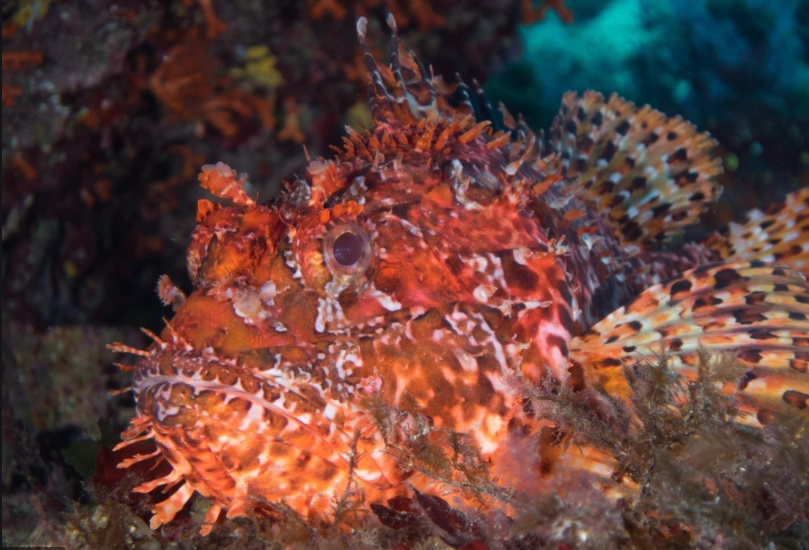A marine protected area (MPA) off the coast of Mallorca delivered a tenfold return on investment, with benefits for fishing, biodiversity and tourism according to a study by the non-profit Marilles Foundation.
According to the study, the marine protected area is beneficial not just for the environment but for business, too. This confirms the long-term benefits of MPAs for economy and habitats. The Marilles Foundation’s study shows the MPA generated €10 in benefits for each €1 invested in the scheme. A total of €473,173 has been put into the scheme.
Multiple environmental and economic benefits
There have been multiple benefits for the environment since the 11,000-hectare (27,000-acre) MPA was set up at the request of the Cala Ratjada fishermen’s association in 200. As a result, fishing has improved in the area, coastal erosion slowed, and water quality and biodiversity improved, according to the study.
The Mallorca marine reserve also brought economic benefits. The value of tourism, diving and boating in the MPA amounts to €3.1m. The remainder of the almost €5million came from increased fishing catch.
“The results of the study show the numerous social and economic benefits that come from protecting the sea,” said Aniol Esteban, the Marilles director.
“Marine protected areas deliver fish and much more,” said Esteban. “Investing in them pays off. The paradox is that marine protected areas in the Balearic Islands and the rest of Spain are massively underfunded. Marine protected areas need to be at the core of the Balearic and Spanish economic recovery strategy.
“Healthy seas and coasts are essential for a country’s prosperity. Spain is committed to declaring 30% of its waters as marine protected areas by 2030.”
MPAs are a way to regenerate marine ecosystems with the twin objective of increasing fishing stocks while preserving habitats and marine species. In some cases, the result is a six-fold increase in fish.
Natural capital accounting
The Marilles study is the first time “natural capital accounting” has been applied to a Spanish MPA. It is part of a European MPA Networks project, which aims to improve the management of marine protected areas in the Mediterranean.
Natural capital accounting works on the premise the environment is itself an asset; therefore the ecosystem services it provides must be integrated into the national accounts systems.
Previously, Europe’s MPAs have been criticised for failing to protect the oceans and restore fishing to sustainable levels. Last year, auditors said there had been “no meaningful signs of progress” in the Mediterranean, where fishing is now at twice the sustainable level, according to their report.
There is a network of MPAs around the Balearic Islands covering up to 21.5% of the Balearic Sea. However, only 0.16% of the Balearic Sea is fully closed to fishing.


